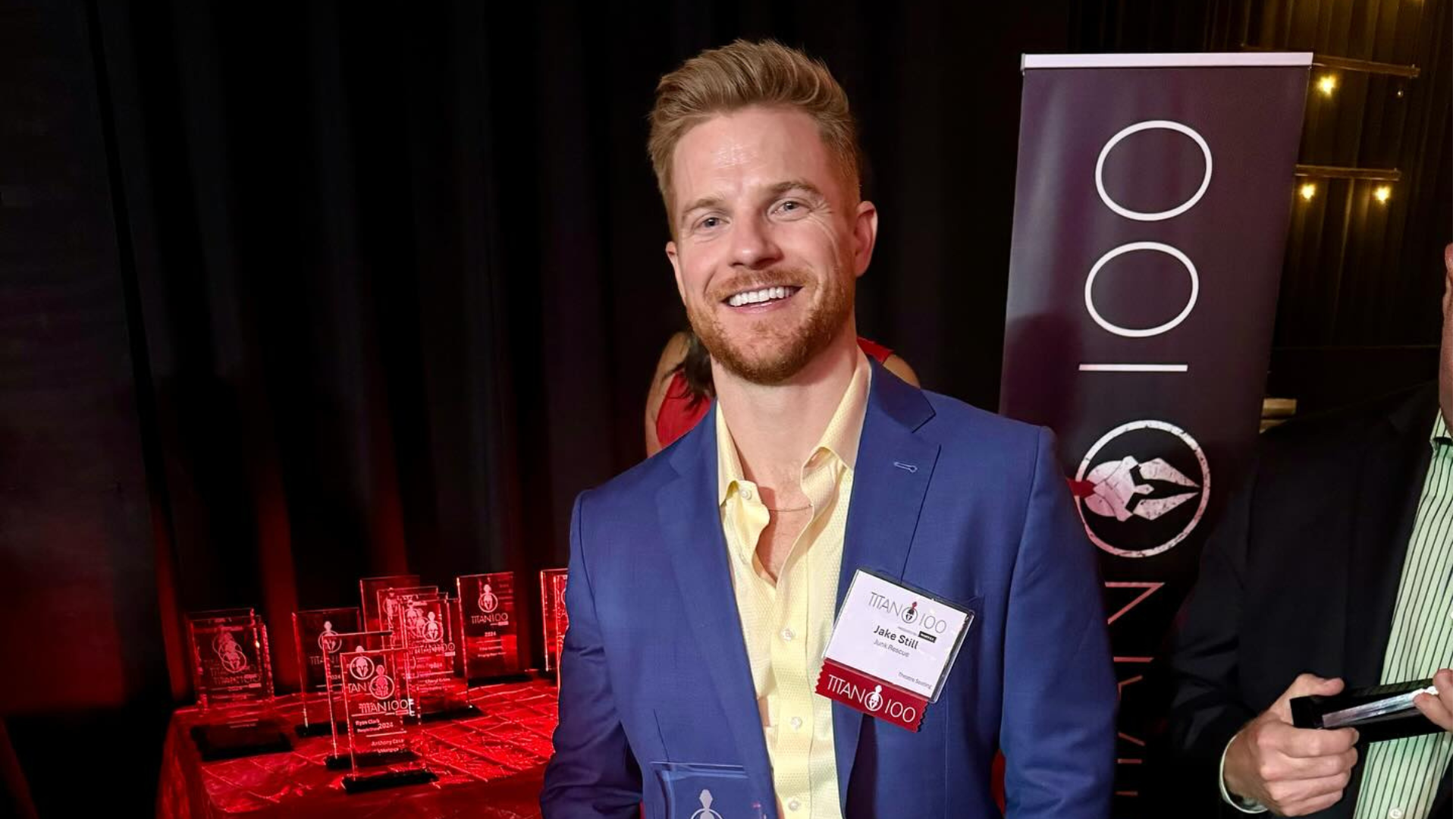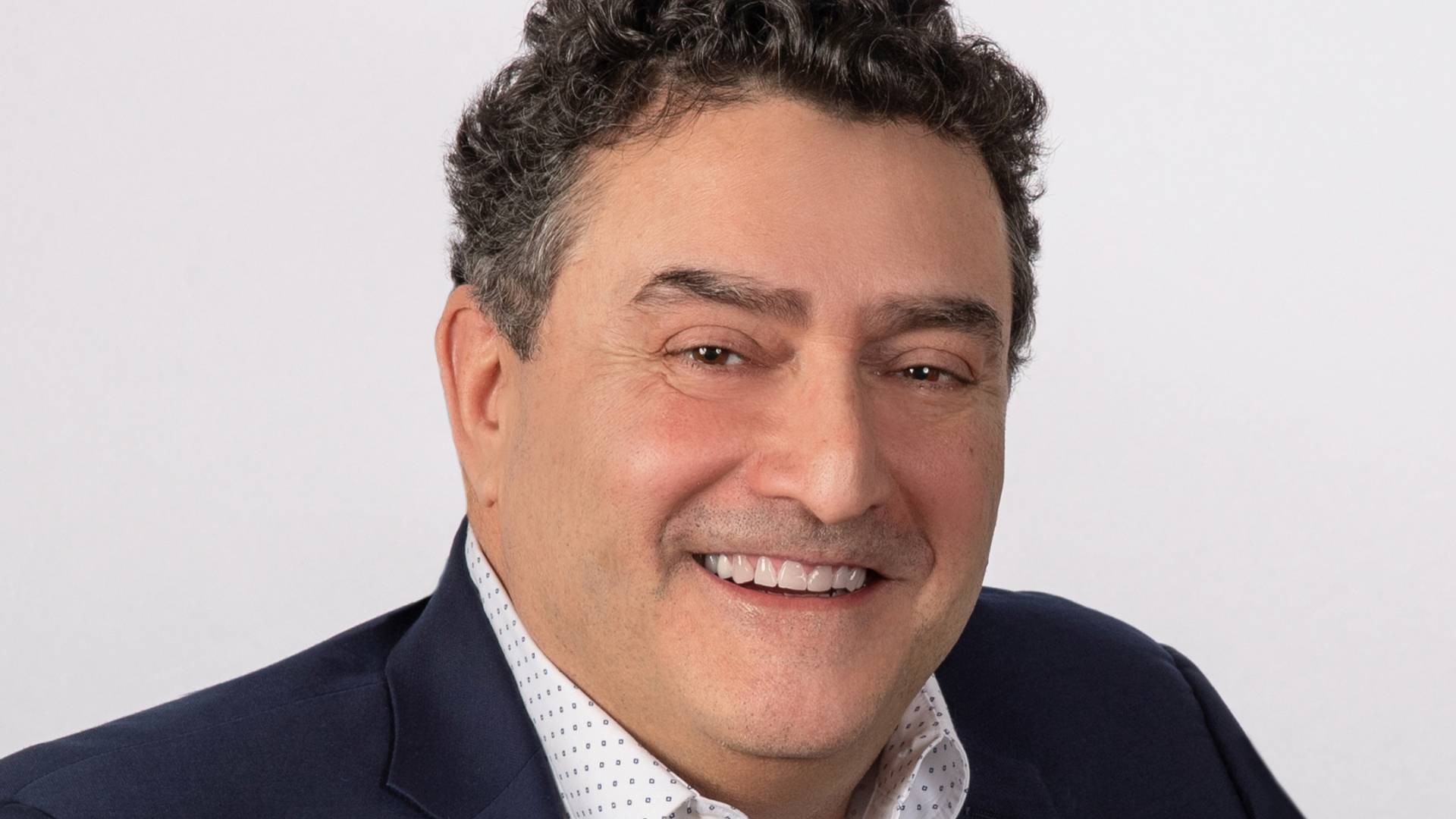Read Time: 7 minutes
In the third installment of our interview series with Jake Still, co-founder of Junk Rescue, we dive even deeper into the mindset and strategies behind his entrepreneurial success. As the driving force behind the largest non-franchise junk and dumpster company in the region, Jake continues to share his journey of growth, challenges, and the principles that shaped his path. Building on the insights from Part 1 and Part 2, this segment uncovers the key decisions and leadership lessons that are fueling Junk Rescue’s plans for national expansion in 2025. Whether you’re a founder seeking inspiration or a leader looking for actionable advice, Jake’s story is sure to resonate.
Thank you for joining us again, Jake—it’s been inspiring to follow your journey in the previous parts of this series. To kick off this next chapter, let’s delve into a crucial aspect of sustaining growth: how do you approach financial planning and management to secure the long-term success of your business?
When it comes to financial planning and management, I believe the foundation of long-term success lies in knowing your numbers inside and out. Math is the path—it doesn’t lie. Having a clear understanding of your financial metrics gives you the clarity to make informed decisions and the confidence to take calculated risks. It’s not just about tracking revenue or expenses; it’s about understanding the percentages behind the numbers. For example, knowing your profit margins, cost ratios, and growth rates can reveal far more about the health of your business than the raw figures alone.
Another critical piece is maintaining a healthy buffer of working capital. This allows you to seize opportunities or weather challenges without jeopardizing the stability of your business. It’s that financial cushion that lets you take risks and make bold moves, knowing you have the resources to back them up. Financial planning isn’t about playing it safe—it’s about positioning yourself to grow and thrive while staying adaptable. By focusing on percentages, maintaining a buffer, and staying deeply connected to the numbers, you create a financial strategy that supports both stability and long-term success.
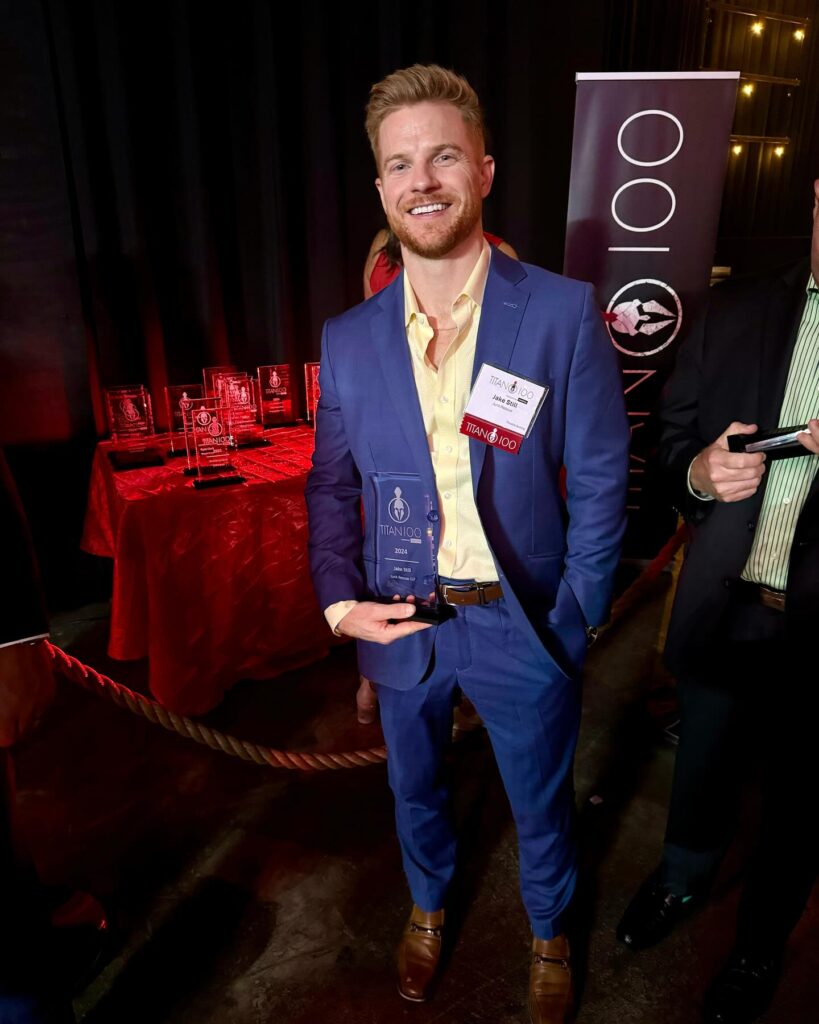
What advice would you give to fellow entrepreneurs about protecting their wealth and planning for future growth?
My advice to fellow entrepreneurs is to shift the focus from protecting wealth to increasing earning potential and long-term positioning. Too many people prioritize short-term profits, but the real key to sustainable success is reinvesting in your ability to grow and adapt over time. Building a business isn’t about holding on to what you have—it’s about creating opportunities to multiply it.
Invest in the things that will drive future growth: your team, your systems, and your innovation. Position yourself and your business for long-term success by constantly looking for ways to expand your earning potential. Whether it’s through developing new revenue streams, strengthening your brand, or increasing efficiency, the focus should always be on growth, not just preservation. Wealth isn’t something to protect—it’s something to build upon. By playing the long game and making smart decisions today, you can create opportunities for exponential growth in the future.
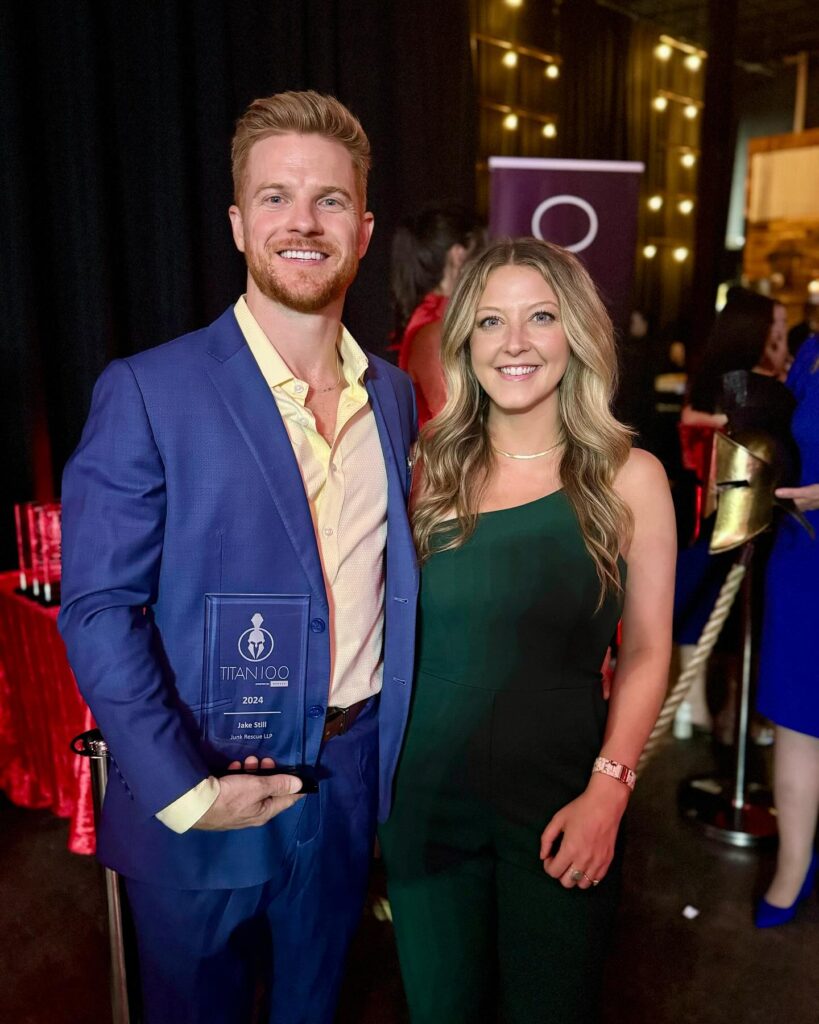
How do you balance reinvesting profits back into the business versus taking profits out for personal use?
I approach the balance between reinvesting profits and taking them out for personal use with the mindset that the business itself is like a third business partner. This partner doesn’t take a backseat—it plays a critical role in our success. Any profits generated don’t immediately go into my pocket or my partner’s; instead, they’re reinvested into the business to make it stronger, more resilient, and better positioned for growth. The goal is to ensure that this “third partner” is as happy and healthy as possible because a thriving business will eventually reward us with greater returns.
Reinvesting in the business might mean upgrading equipment, expanding our team, enhancing operations, or funding new opportunities for growth. By putting profits back into the company, we’re building a solid foundation for long-term success. And when the business is in a position of strength, it becomes more generous in sharing those profits with us in the future. It’s a strategy rooted in patience and vision, ensuring that short-term gains don’t overshadow the bigger picture of creating something sustainable and impactful.
That’s a thoughtful and forward-looking approach, Jake—it’s clear that treating the business like a valued partner has played a significant role in Junk Rescue’s growth and resilience. Shifting gears a bit, let’s explore another critical aspect of entrepreneurship: how do you maintain a healthy work-life balance as a business owner, and what practices do you recommend to others?
I don’t subscribe to the idea of traditional work-life balance. For me, it’s not about evenly dividing time between work and personal life—it’s about setting clear boundaries and being fully present in whatever I’m focused on. Building something meaningful, whether it’s a business or a dream, often requires intense dedication and long hours. There are seasons where you might work 80 to 120 hours a week because that’s what it takes to move the needle. But when you do carve out time for other areas of your life, the key is to be fully engaged and intentional.
I believe in trying to prioritize quality over quantity. When I spend time with family, friends, or on personal growth, I want to give it the same level of focus and energy as I give my work. It’s about making those moments count, not just checking a box. For others, I recommend finding what works for you—whether it’s blocking time on your calendar, unplugging from work completely during specific hours, or simply being intentional about where you put your energy.
Can you share any personal development practices that have contributed to your success as an entrepreneur?
One of the most impactful personal development practices I’ve embraced is cultivating a growth mindset and committing to being a lifelong learner. Success as an entrepreneur isn’t about knowing everything upfront—it’s about continuously seeking knowledge, adapting, and improving. I’ve trained myself to see failure as a necessary part of the process, an opportunity to learn rather than something to fear. Taking educated risks and failing early in life taught me lessons that have been instrumental in shaping my journey. The key is to take action despite uncertainty, using each experience to build a stronger foundation.
Thank you, Jake, for sharing your journey and valuable insights with us. From embracing failure to cultivating a growth mindset, your story offers powerful lessons for entrepreneurs at any stage.
As we wrap up this installment, we’re excited to explore even more in Part 4, where Jake will share his thoughts on philanthropy, advice for aspiring entrepreneurs, and future trends shaping the industry. Stay tuned!
Listen to Jake’s episode on the Founders’ Forum Radio Show and Podcast:
Jake Still
Co-Founder & CEO of Junk Rescue
A forever student of life.
Connect with Jake:
Website: www.junk-rescue.com
LinkedIn: linkedin.com/in/jakestill
Facebook: https://www.facebook.com/junk.rescueNJ
Instagram: https://www.instagram.com/junk.rescue
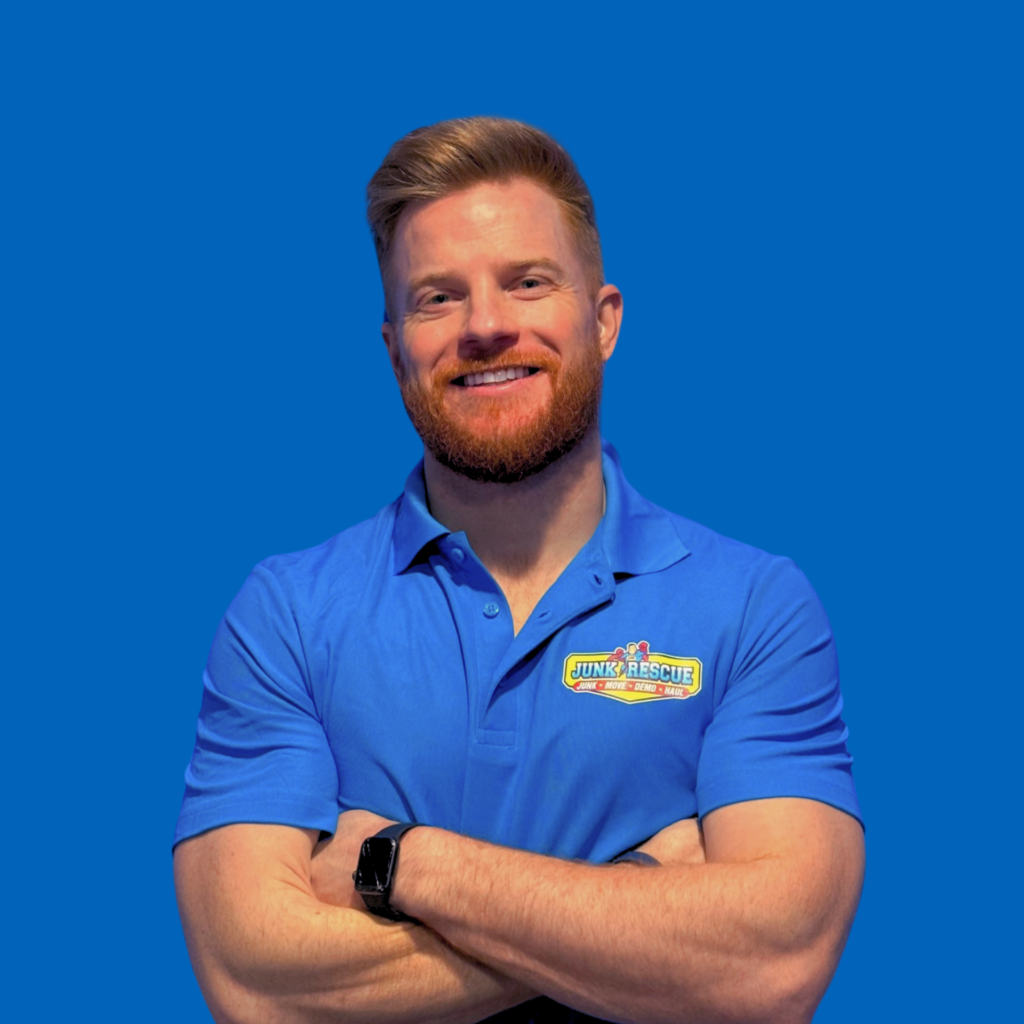
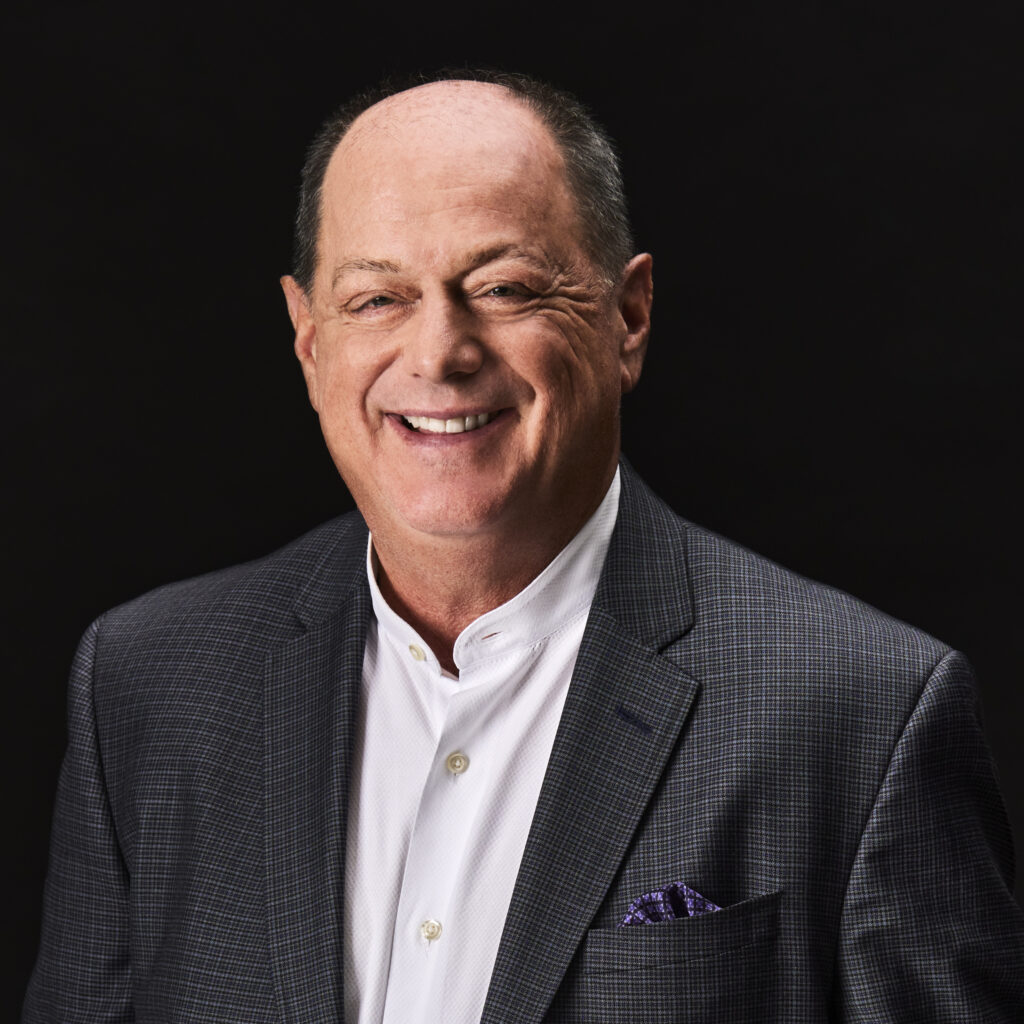
Marc J. Bernstein JD, ChFC®, CLU®, CAP®
Financial Planner and Consultant, Bestselling Author, and Creator of the Forward Focus Forums
Marc helps high performing entrepreneurs and business owners create a vision for the future, accomplish their business and personal goals, financial and otherwise, and assists them in following through on their intentions. Marc recently co-founded March, a forward-looking company with a unique approach to wealth management. He captured his philosophy in his #1 Amazon Bestseller, The Fiscal Therapy Solution 1.0. Marc is also the founder of the Forward Focus Forum, a suite of resources tailored specifically to educate and connect high performing entrepreneurs, and to help them realize their vision of true financial independence. The forum includes;
- the Founders’ Forward Focus Forum: a series of articles focused on entrepreneurship
- the Founders’ Forum Radio Show and Podcast: featuring interviews with some of the area’s top founders and their experiences in business
- the Manufacturers’ Forward Focus Forum: a specialized resource group for owners/founders of manufacturing companies, including a private Facebook group; a private discussion group for high performing leaders of manufacturing companies to share resources, news, network with each other, and collaborate



